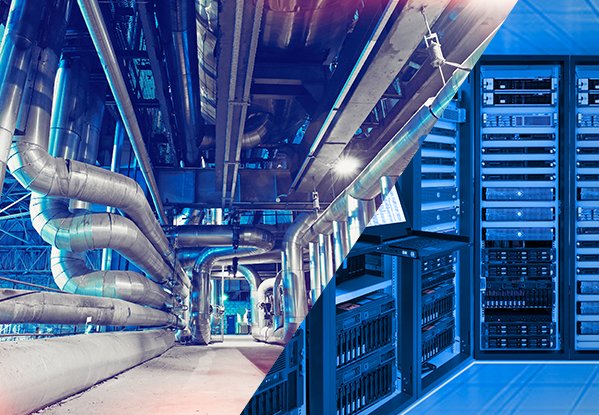The industrial sector of every country is single-handedly responsible for bringing in a major chunk of revenue that enables the growth and development of a country. However, when we think of an industry, we tend to forget that it is a complex web of multiple processes and functions. Perhaps, one of the most important components of an industry is uninterruptible power supply (UPS system).
It is important to understand that industry owners have to shoulder a heavy amount of responsibility to ensure quality production of the goods, minimal release of hazardous carbon emissions, protection of all employees and assets, and more.
In addition to all this, if an industry is situated in an area where the power supply is unreliable or inconsistent, it is crucial to have an uninterruptible power supply system that backs up all the electrical equipment with reliable emergency power.
Many people have computers either at their homes or at their workplaces. Every computer comes with an uninterruptible power supply system that saves the computer from losing essential data that might be valuable to the user in his/her professional or personal projects.
Now, even though most people are acquainted with the fundamentals of an interruptible power supply system, they are not aware that these systems have a crucial role to play in the industrial sector.
Fundamentals Of an Uninterruptible Power Supply
Unless a person has some knowledge of the electric or technical field, it is very difficult to understand the functioning of an electrical appliance. Therefore, in this article, we will be focusing on the integration, uses, and benefits of the uninterruptible power supply system and why it is important for several sectors, especially the industrial sector.
As mentioned before, the primary role of a UPS system is to provide emergency backup in case of a sudden power cut. When an uninterruptible power supply system is placed in an industrial site, it carries massive responsibility as a power cut of even a few[i] seconds or minutes costs the industrial owners a huge amount of money, leading to panic and financial loss.
Types of UPS Systems
Before moving further, understand that industry is an interconnected and complex web of processes that leads to the production of a furnished good supplied in the market and utilized by the general public. However, in case of a power outage, as one system shuts down, it causes disruption, and all the processes begin to collapse one by one—freezing the entire production line.
Therefore, in order to prevent this failure, industry owners think it’s best to invest in a quality uninterruptible power supply system. Below, we have mentioned three types of UPS systems used across workplaces and industries:
- A line-Interactive UPS System
This type of uninterruptible power supply system carries an inverter and a battery that is efficiently connected to the output. In case of a power failure, a switch in the system instantaneously changes the flow of the electric current.
- A Double Conversion UPS System
This system has a high-functioning backup battery, charged by the input, and energizes the output inverter for a smooth switch.
- A Standby UPS System
Also referred to as offline UPS, this type of UPS system carries a battery, inverter, surge suppressor, and a low-pass filter. Usually, it remains on standby mode unless there is a massive power outage.
Lastly, before you invest in a UPS system, we suggest you get in touch with a reputable service provider in the electrical field. They usually come with a skilled team of technicians who carry adequate knowledge and expertise to help you through the installation process in the safest way possible.

“Proud thinker. Tv fanatic. Communicator. Evil student. Food junkie. Passionate coffee geek. Award-winning alcohol advocate.”


